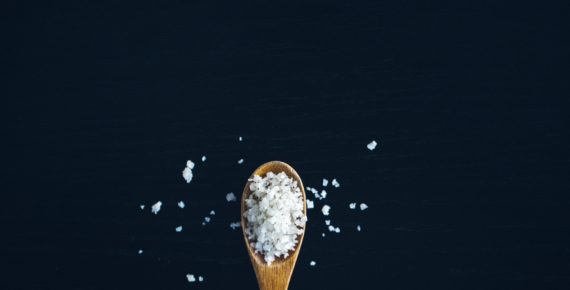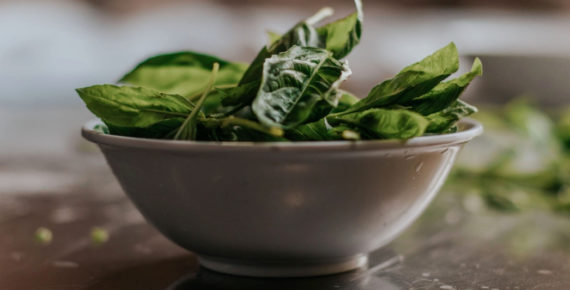
Pumping essential supplies, like blood and oxygen, to our bodies every second of every day for our entire lives is no easy task. That’s exactly what our heart does. For all their hard work and tireless efforts to keep us alive and healthy, they deserve to be looked after.
The consequences of failing to do so can be dire, or even fatal. Heart disease causes 160,000 deaths each year in the UK – that’s 26% of all deaths nationwide. When it comes to sudden cardiac arrest (SCA), there are around 60,000 out of hospital events every year. These are more often than not lethal. Without immediate treatment, such as the use of a defibrillator, 90-95% of SCA victims will die.
The importance of maintaining a healthy heart is clear. Let’s take a look at some tips to help you take care of your heart, organised in three handy categories!
The food you eat on a daily basis directly affects your heart, and a balanced diet forms an essential part of your wellbeing. There are some fantastic foods that encourage a healthy heart, along with others that are best avoided wherever possible:
Being physically active on a regular basis goes a long way to improve your circulation, blood pressure, and general heart health. Here are some great tips to get you moving:
Stress can cause a wide variety of health problems, including extra pressure on the heart. There’ll always be stress in life, but we should all aim to bring it down to manageable levels in the body:
Looking after your heart doesn’t have to be another thing on your to-do list. Making small changes to your diet, exercise regime, and reaction to stress in your day to day life can have tremendously positive effects on your heart health.
No matter how well you look after your heart, sudden cardiac arrest can still strike. And when that happens, you’ll want a defibrillator by your side. Investing in just one for your organisation can make the difference between life and death. Whether you would prefer to lease or buy our products, get in touch today on 0333 050 6649 to find out how we can help you.

A defibrillator might not seem like essential office equipment. But in an emergency, they could be the difference between life and death. Due to the growing awareness of the danger of sudden cardiac
Read More
We associate heart problems with poor lifestyle choices – unhealthy diet, lack of exercise, chronic stress – that sort of thing. However, science paints a more complex picture of heart health. Genetics also
Read More
Sudden cardiac arrests (SCAs) are like electrical malfunctions. They happen when the signal to your heart stops. As a result, the heart can’t pump blood to the brain and many fall unconscious. There
Read More
It’s one of life’s unfortunately grim statistics: there are more than 30,000 out of hospital cardiac arrests in the UK each year. Without rapid treatment using CPR and a defibrillator, chances of survival
Read More